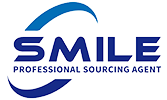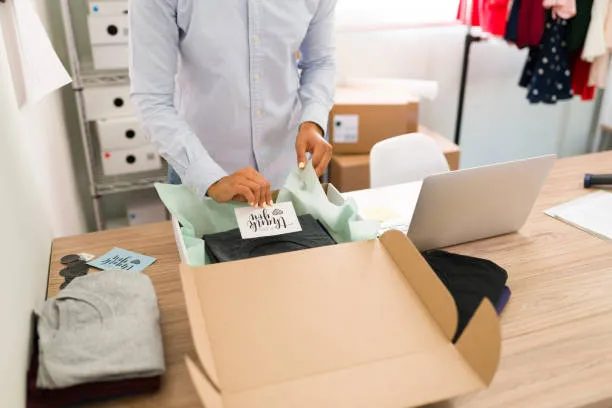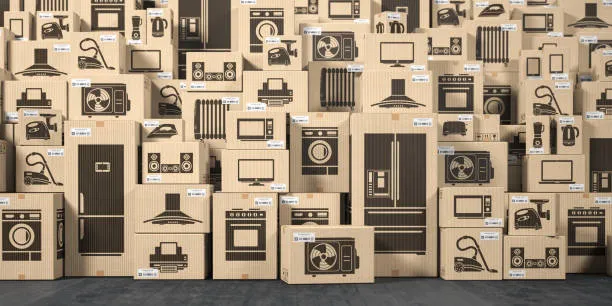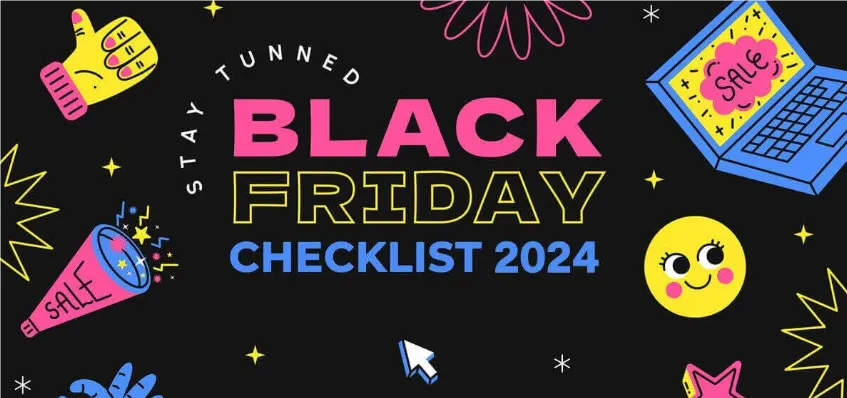If you’re taking your first steps into the realm of international trade, then you’ve undoubtedly heard of 1688. It’s more than just an e-commerce platform; it’s a portal to a world of global suppliers. In this guide, tailored to newcomers, we’ll delve into the intricacies of safely and efficiently procuring products from 1688. We’ll navigate the entire journey – from identifying trustworthy suppliers to ensuring product quality and managing shipping logistics.
Deciphering 1688 Platform: Unveiling the E-Commerce Giant
1688.com, an integral component of the formidable Alibaba Group, represents the epitome of global supplier connectivity. In its two decades of existence, 1688 has transformed into the one of world’s largest online wholesale marketplace, boasting an extensive directory of suppliers. These suppliers hail not only from China but from across the globe.
1688 functions as a virtual trade show, catering to the needs of small and medium-sized enterprises worldwide. It streamlines the process of procurement, making it easier for global customers to buy products by integrating sourcing, payments, and logistics.
Competitive pricing on 1688 is the result of multiple factors, including bulk purchasing, reduced production costs, well-established supply chains, export incentives, and more. These cost-efficiencies have made 1688 a magnet for buyers and a powerful motivator for suppliers, creating a vibrant marketplace where products are available at favorable prices.
Personal Shopping on 1688 Platform
If you’re contemplating making a personal purchase through 1688, know that it’s entirely possible, even though the platform primarily targets business-to-business (B2B) transactions. When you buy a single item from 1688 for personal use, follow these steps:
Create an account using your name as your company name. Business licenses, primarily used for tax purposes, aren’t a requirement for personal buyers.
Hunt for products on 1688 with a minimum order quantity (MOQ) of one. While it may not always be straightforward to find such products, some suppliers do offer items with low MOQs.
Bear in mind that for single-item purchases, you might need to request a sample, which can be relatively expensive due to international express shipping costs. Moreover, the unit price for single-item purchases could be higher than bulk orders. For personal purchases, consider exploring AliExpress, which may be more suitable.
Continuing Your Journey
Now that you have a fundamental understanding of 1688, it’s time to explore the crucial steps involved in making a successful purchase on this platform.
Selecting the Perfect Product: What to Source on 1688
Before you initiate the ordering process on 1688, you must pinpoint the products you want to source and potentially resell. Here are some valuable insights to help you refine your product selection:
Explore 1688’s Private Label Products:
This category caters to products in sectors like cosmetics and personal hygiene. If these sectors interest you, there are fantastic opportunities to generate revenue. Private labeling is particularly attractive for startups and small businesses, as it entails lower upfront costs in comparison to developing entirely new products.
Leverage 1688 Custom Packaging for Private Labeling:
Another route to private labeling involves custom packaging. You can explore various packaging options, including custom boxes, designs, and patterns. Engage with sellers to discuss your customization needs. You can also negotiate product modifications such as colors, sizes, logos, and packaging materials. Light customizations are common and cost-effective, but extensive alterations may necessitate higher minimum order quantities (MOQs).
Explore Unique Daily-Use Products:
Everyday items like socks might seem saturated, but there’s always room to distinguish your brand by making unique modifications. Tweak the design, introduce functional enhancements, or enhance product quality to set your offerings apart.
Target Niche Products:
Niche products are designed for specific customer segments within well-defined market niches. These products have limited competition, and customers are often willing to pay a premium, potentially leading to higher profits.
What to Avoid on 1688:
Avoid sourcing branded products such as iPhones or Nike sneakers, food items, and regulated goods like alcohol, tobacco, or pharmaceuticals. These products can lead to issues with counterfeits or complex import procedures.
Scouting for Suppliers: Direct Search vs. RFQ
Method 1: Direct Search
Direct searching is the simplest way to find suppliers on 1688. Enter your product keywords in the search bar, and you’ll receive a list of potential suppliers. During your search, pay attention to factors like “Verified Supplier” and “Trade Assurance Supplier” statuses. Initiating your selection process with these reputable suppliers is a wise move. However, it’s essential to conduct an in-depth assessment of each supplier’s qualifications and transaction history before making inquiries.
Method 2: Utilizing 1688 RFQ (Request for Quotation)
1688 RFQ is a specialized service that enables global buyers to post their procurement requirements and handle quotations efficiently. This service allows you to rapidly obtain quotations from multiple suppliers. Here’s how it works:
Visit the 1688 RFQ homepage.
Complete the RFQ form with your specific requirements.
This approach streamlines the process and helps you quickly gather multiple quotations, making your supplier selection more efficient.
Understanding Minimum Order Quantities (MOQs) and Pricing
In your quest to find the perfect supplier, you’ll frequently come across Minimum Order Quantities (MOQs) and various pricing structures. MOQs represent the minimum quantity of a product that a supplier is willing to sell. These requirements can vary significantly depending on the product and supplier. Pricing on 1688 is also negotiable, so don’t hesitate to engage in price discussions with suppliers.
Requesting Samples
Before committing to a larger order, it’s highly advisable to request samples from your selected suppliers. This step allows you to assess product quality, design, and other aspects firsthand. Keep in mind that you may be required to cover the cost of samples and shipping, but this is a worthwhile investment to ensure you’re content with the product.
Supplier Due Diligence
Conducting due diligence on suppliers is essential. Examine a supplier’s company profile, transaction history, and certifications. Look for signs of a reputable and trustworthy supplier, such as years in operation, successful transactions, and adherence to quality standards. The aim here is to minimize risks and ensure a reliable partnership.
Effective Supplier Communication
Efficient communication with your chosen supplier is paramount. Make certain that you can discuss product details, specifications, pricing, lead times, and other critical aspects clearly. Confirm that both parties can communicate effectively, as this will be crucial throughout your business relationship.
Negotiating Pricing and Terms
Negotiation is a customary practice on 1688. Don’t shy away from haggling over pricing, payment terms, and other conditions to secure the best possible deal. Successful negotiations can lead to more favorable prices and terms that align with your business requirements.
Harnessing the Power of Trade Assurance
Trade Assurance is 1688’s integrated protection service that enhances the security of your transactions. It safeguards your payments until you confirm receipt and satisfaction with the products. When dealing with new suppliers, Trade Assurance offers an additional layer of assurance.
Payment Methods
1688 offers a wide range of payment methods, including bank transfers, credit cards, and online payment platforms such as PayPal. Be sure to select a payment method that aligns with your security and convenience



